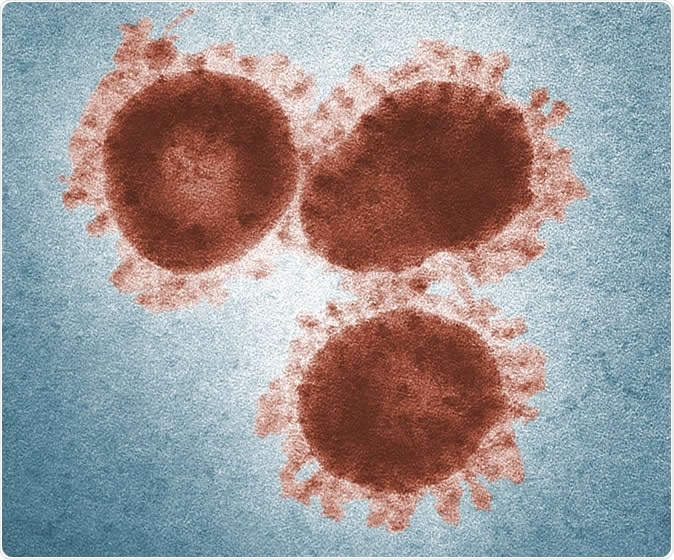The novel coronavirus (2019-nCoV) is rapidly spreading across the globe, with the highest magnitude taking a toll on mainland China. Scientists are racing to find a vaccine or a treatment to help contain the virus spread. Now, a team of scientists and health experts in Australia may have found a breakthrough to fight the deadly virus.
The experts at The University of Sydney and NSW Health, consisting of 10 scientists and 10 pathologists, have grown the 2019-nCoV virus in the labratory. The team sequenced the virus, which will shed light on how it behaves, replicates, and spreads.
Further, the team has carried out the testing and isolated the virus to study eight variants. They produced two full genome sequences for the coronavirus, which were based on wide tests of the remaining patient, who is quarantined at Westmead hospital.
“This cutting-edge work will expand access to faster, reliable diagnostic testing for infected patients not just here in NSW but around the world. Being able to cultivate the novel coronavirus with samples from NSW patients as opposed to trying to mimic it from synthetic specimens is a terrific breakthrough,” Professor Dominic Dwyer NSW Health’s Director of Public Health Pathology and a member of University of Sydney’s Faculty of Medicine and Health, said.
“We’re proud to be able to share our discovery with the World Health Organization, and international researchers and clinicians, so together we ultimately help save lives,” he added.

These are coronaviruses (colored transmission electron microscopy image). Image Credit: Photo: Dr. Fred Murphy & Sylvia Whitfield/CDC
Australian coronavirus toll
With this new breakthrough in the battle against the deadly novel coronavirus, which has now taken the lives of more than 1,000 people, mostly in mainland China. The death toll of the current coronavirus outbreak has surpassed that of the SARS outbreak in 2003. The number of infected people increased to more than 42,000.
In Australia, there are 15 confirmed cases of the novel coronavirus, while 14,500 people have been screened at Sydney airport since Feb. 2, with 57 people manifesting symptoms and required further testing. All of the persons under investigation have been cleared.
For those who tested positive in the confirmatory test for the coronavirus, five individuals were from Queensland, four in Victoria, 4 in New South Wales, and two from South Australia. Among all these confirmed cases, five have recovered while the others are in a stable condition.
The Department of Health also confirms that all of the patients came from Wuhan, China, where the virus originated. On Jan. 30, the World Health Organization (WHO) has declared the novel coronavirus as a global health emergency, prompting countries to impose travel bans and allowing various companies and health experts to race toward curbing the spread of the virus.
What is coronavirus?
The novel coronavirus (2019-nCoV) is a type of coronavirus, which is akin to other outbreaks in the past, including SARS that originated in China and MERS-CoV, which came from the Middle East. The virus causes a respiratory illness, which was first reported in Wuhan, Hubei Province, China.
The common signs and symptoms include fever, cough, and shortness of breath. In more severe cases, people may experience pneumonia-like symptoms, the difficulty of breathing, and severe acute respiratory syndrome or respiratory distress.
Global health officials warn that the current cases could be just “the tip of the iceberg” as the virus spreads at a rapid pace. The mode of transmission is through direct contact with droplets as an infected person sneezes and coughs, while new reports hint that it may be spread through aerosols. The virus easily spreads with more than a hundred deaths and thousands being infected each day.
The World Health Organization (WHO) and partner organizations plan to visit the outbreak ground zero in Wuhan, China, to investigate the magnitude of the virus spread.